Cumin is a safe spice to give to cats (in moderation).
They are not going to experience any adverse reactions to it unless they have too much.
Contents
Benefits of Cumin for Cats
Not only is cumin safe to give to cats on occasion, but it is extremely rich in a number of beneficial nutrients.
Here are several ways that your cat might benefit from eating cumin every now and then:
1. Good For Digestion
Every 100 grams of cumin has 10.5 grams of dietary fibre.
What makes cumin different from other fibre sources, some of which you might even find in cat food, is that it doesn’t contain any grain compounds.
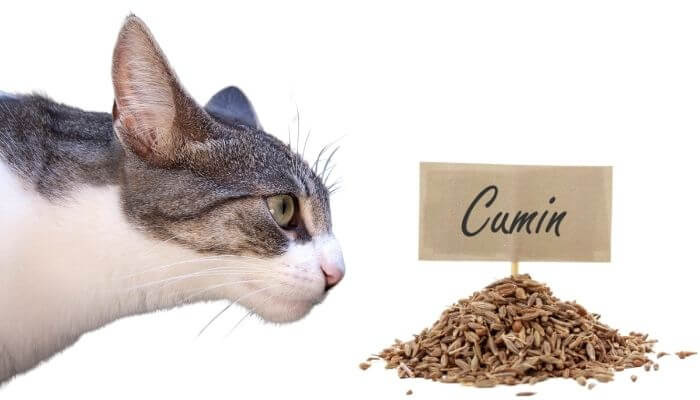
Therefore, while fibre sources such as wheat, corn, or rice might make your cat gassy and bloated, that is not the same with cumin.
This spice can truly make a difference for pets that tend to suffer from chronic constipation as it helps them have regular and normal stools.
2. Rich in Vitamins and Minerals
What is quite surprising about this spice is that it contains a wide variety of vitamins and minerals.
For example, just 100 grams of cumin have plenty of vitamin A, vitamin B1 and B2, as well as B3, B6, and even B9.
It even has vitamin C, E, and K, all of which have a positive influence on the way your cat’s body functions in general.

Cumin also contains minerals such as iron, magnesium, calcium, zinc, phosphorus, potassium, a bit of sodium, and manganese.
Therefore, giving your cat a very low amount of cumin every now and then can provide them with these nutrients, which they can get from food and supplements, but from this natural source, too.
3. Helps With Weight Management
Since cumin contains a lot of healthy fibre, it can help cats feel fuller for longer periods of time.
Unfortunately, many cats these days are predisposed to obesity and even diabetes, especially seniors who have spent most of their lives indoors.

Spaying and neutering cats is a healthy way of controlling stray cat populations, but it also increases the risk of these animals becoming overweight.
So, adding cumin to your cat’s diet might help you manage their weight better.
4. May Prevent External Parasites
This is a somewhat controversial topic since using natural substances instead of actual pharmaceutical products for treating external parasites in cats and other species is rarely effective.
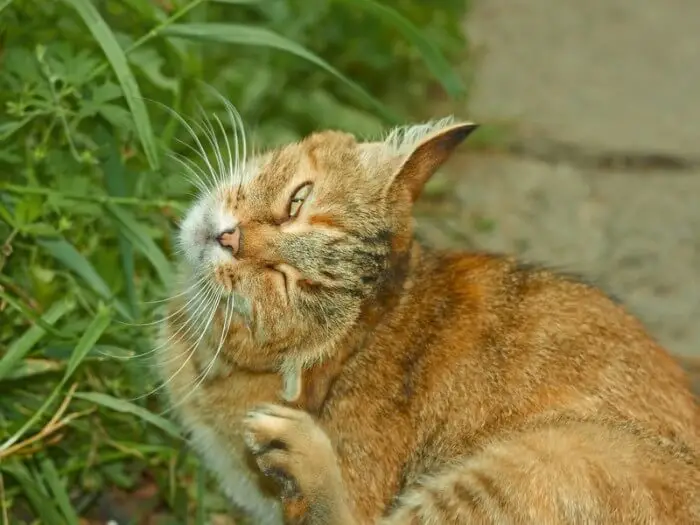
But the truth is that cumin, in its most concentrated form (the oil) does have antiparasitic properties.
If you’d like your cat to benefit from this, we strongly suggest mixing the cumin oil with a bit of water as it can be so strong that it might cause local burns on your pet’s skin.
5. May Prevent Disease
It wouldn’t be far-fetched to assume that cumin can, at least to some extent, prevent your cat from becoming sick, especially if we’re discussing a common bacterial infection.
Cumin is extremely rich in antioxidants that are known to both prevent cancer and protect animals against chronic disease such as heart conditions and even arthritis.
Do Cats Like Cumin?
Now that we’ve gone through some of the potential benefits that cumin can offer to your pet, we have to address the issue of whether or not cats actually like the taste and smell of this spice.
Not many cats have an interest in eating cumin, which is why so many pet owners have to deal with the dilemma of adding it to their diets.
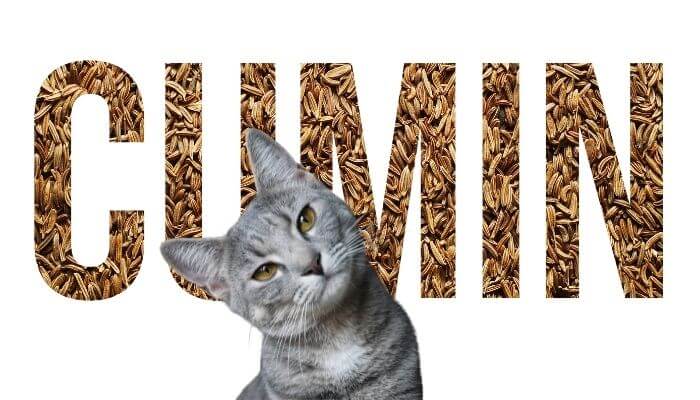
This spice has a rather strong scent, which can easily put cats off since they are equipped with an incredible sense of smell.
But as you know, cats are very different in terms of character and personal preferences, so you can consider yourself lucky if your own seems to want to taste a bit of cumin.
How Much Cumin To Feed Your Cat & How Often?
In terms of quantity, the answer to the first question is ‘As little as possible.’
Cats are obligate carnivores, which means that they are not supposed to have plants or spices on a regular basis and more importantly, in massive amounts.
About half of a teaspoon per week can be considered relatively safe for most cats, regardless of weight.
If you care for a small breed, you can give them a quarter of a teaspoon per week instead.
As much as your pet might love cumin, do consider that giving them too much can have a plethora of side effects, from causing digestive distress to making their cardiovascular system function differently.
Can Cats Eat Cumin Seeds Or Is The Powder Best?
Cumin seeds are perhaps the safest form you can give your cat and that’s because it will take time for their digestive system to process it.
On top of that, the seeds usually have more fibre, so they can regulate your pet’s digestive transit.
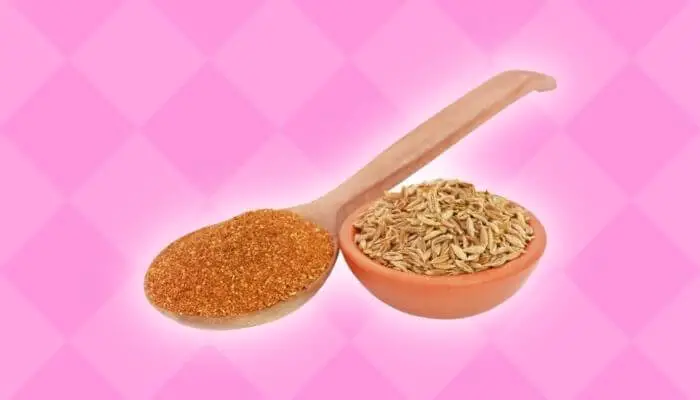
The powder is slightly more concentrated and might also have a more potent smell, which is why you will find that your cat is probably not going to like it as much.
Even if you do your best to mix it with their wet food, they might refuse to eat it altogether if they feel that strong smell.
Is It True That Cumin Kills Fleas On Cats?
Sprinkling some cumin powder on your cat’s coat can be somewhat hazardous because as you know, cats tend to groom themselves very carefully.
This means that your pet might accidentally ingest too much if you don’t pay attention to the area you sprinkle it (the back of the head is recommended) or the amount you use.
While cumin does have some antiparasitic properties, you shouldn’t think that if your pet has a severe flea infestation, it’s going to make a difference.
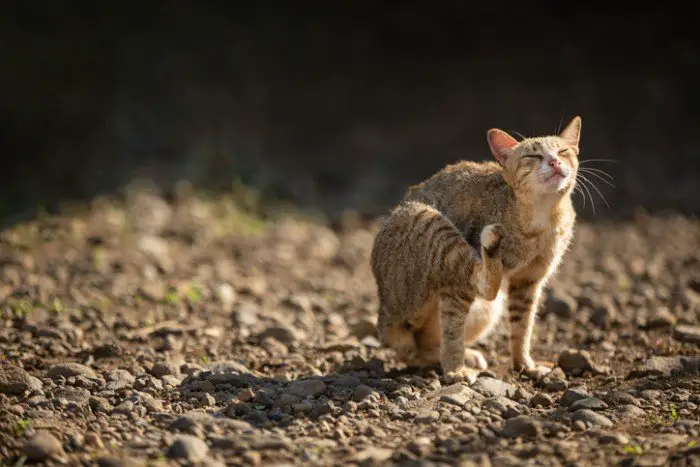
It’s true that it might act like a flea repellent, instead, which means that the parasites are not going to want to stay on your cat’s body if she already doesn’t have an infestation.
But for treating serious parasitic infestations, no, cumin is not going to make much of a difference whatsoever.
What Will Happen If My Cat Eats Too Much Cumin?
The most likely outcome, in this case, would be that your cat might experience some kind of digestive distress.
Cumin contains quite a bit of fibre, which means that your cat might experience an episode of diarrhoea and if things get worse, they might begin to vomit, too.
This is why this spice should only be given to cats in very small amounts.
Can Cumin Be Poisonous To Cats?
While it is not toxic per se, cumin can cause your cat to be sick if you give her a large quantity for the first time.
For this reason, we recommend integrating this spice into your pet’s diet gradually.
Cats don’t respond well to new foods, especially if you switch them to a whole different diet too suddenly, so do keep that in mind.
Can Cats Be Allergic To Cumin?
It’s impossible to predict whether a cat is or not allergic to cumin until you feed them the spice.
If you talk to any veterinarian, they might either advise you to avoid cumin altogether or give it to your cat on a weekly or even monthly basis.
Spice allergies are relatively uncommon in this species in this case, but you can’t rule out the possibility that your particular cat might be allergic to cumin.
Anaphylactic shock is an emergency and should be treated as such, so if you see your cat experiencing respiratory distress (signs include rapid breathing, huffing, wheezing, deep breaths, blue gums, excessive chest movement while breathing), hives, and inflammation in their head area after giving them cumin, go to the animal hospital right away.
As an Amazon Associate I may earn a small fee from qualifying purchases at no extra cost to you. This helps us run the site, so thanks for your support!

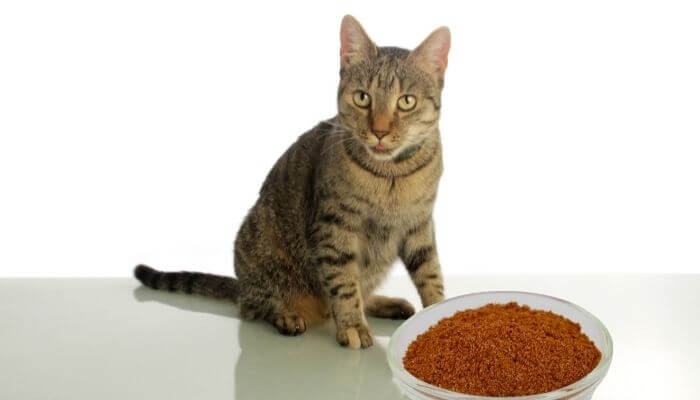
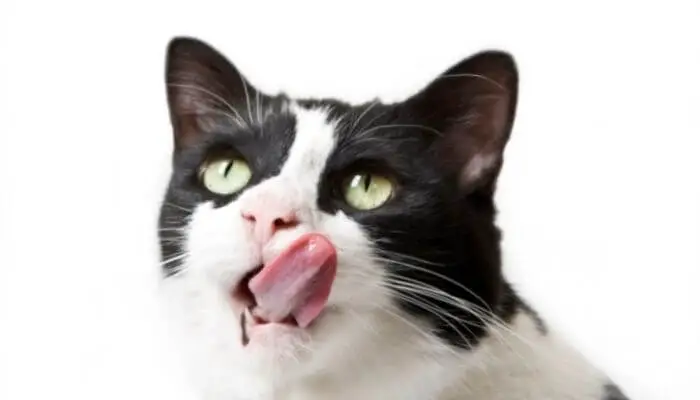

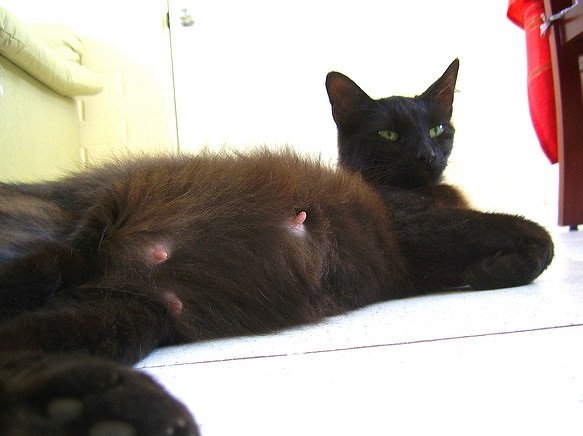
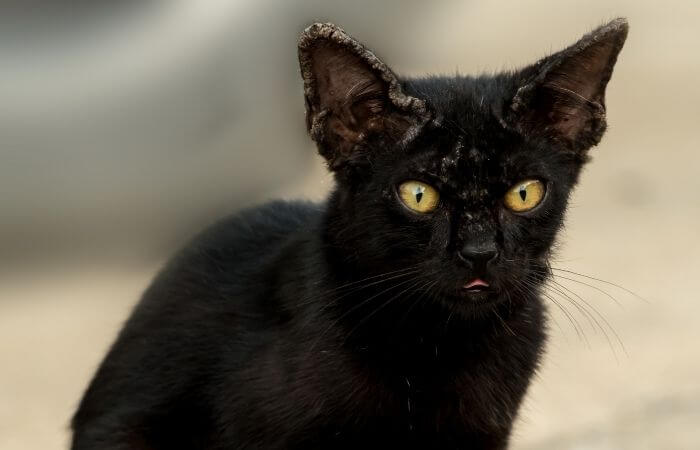
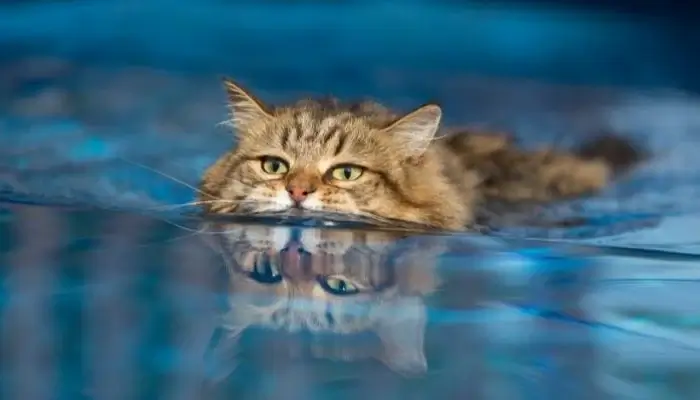

Leave a Comment